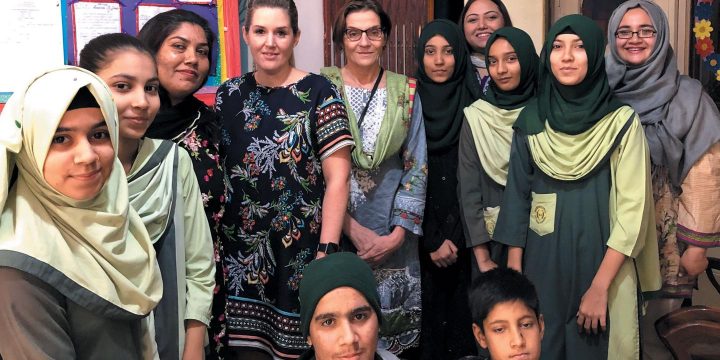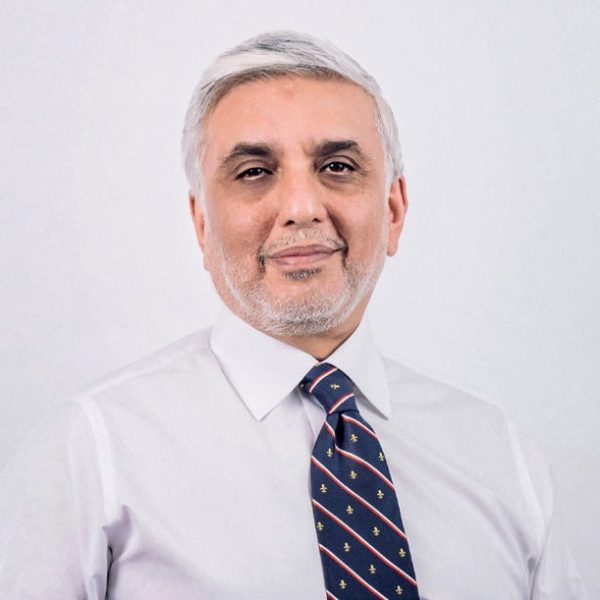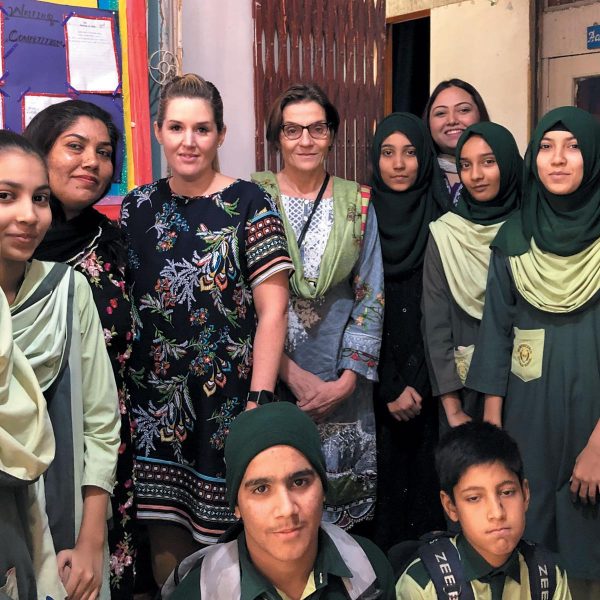CareTech Foundation Trustees’ Report and Financial Statements
For the year ended 30 September 2020

For the year ended 30 September 2020

"My colleague trustees and I recognised that we had a weighty moral duty to do everything in our power to support our charitable partners and, crucially, the millions of individuals working in and supported by the social care sector."

